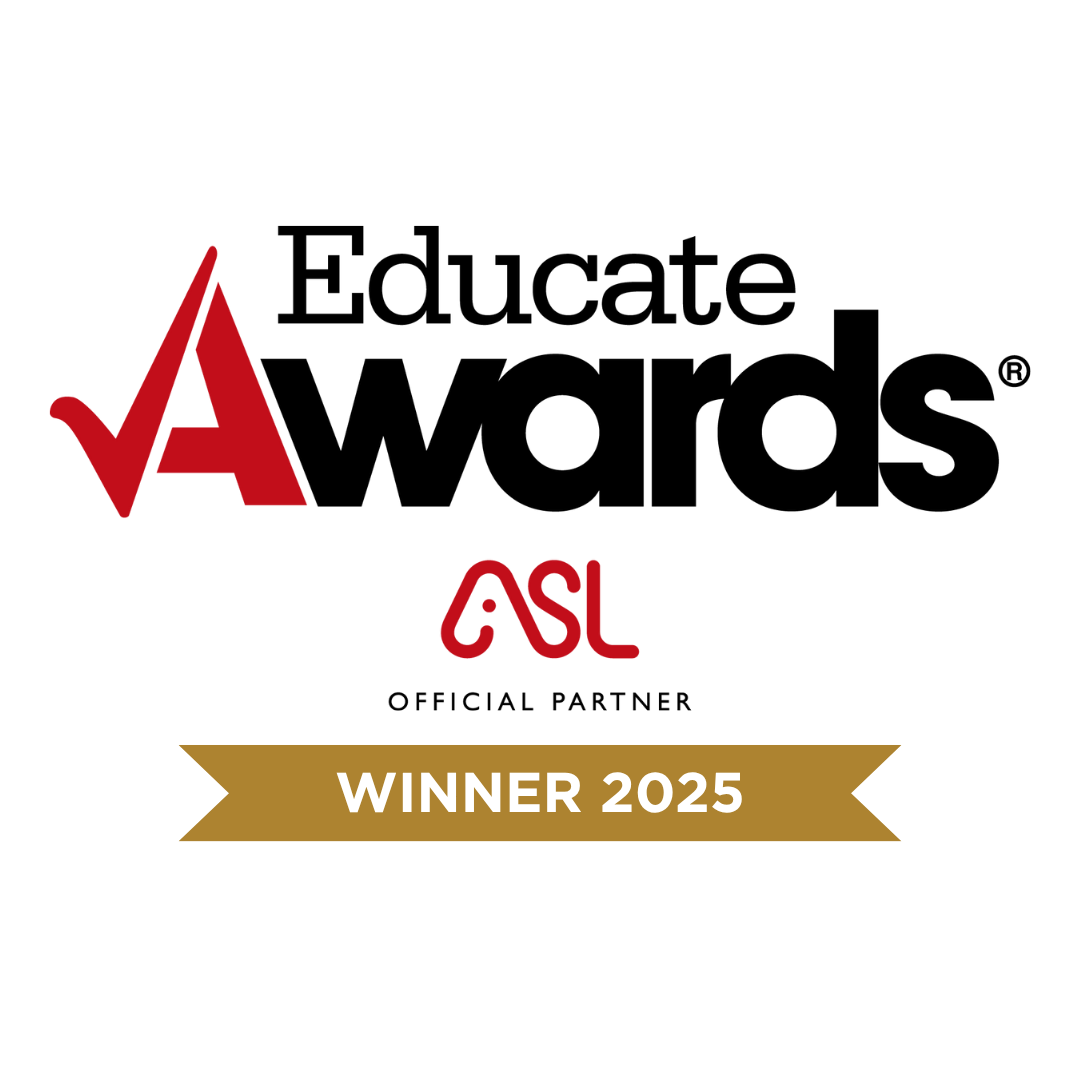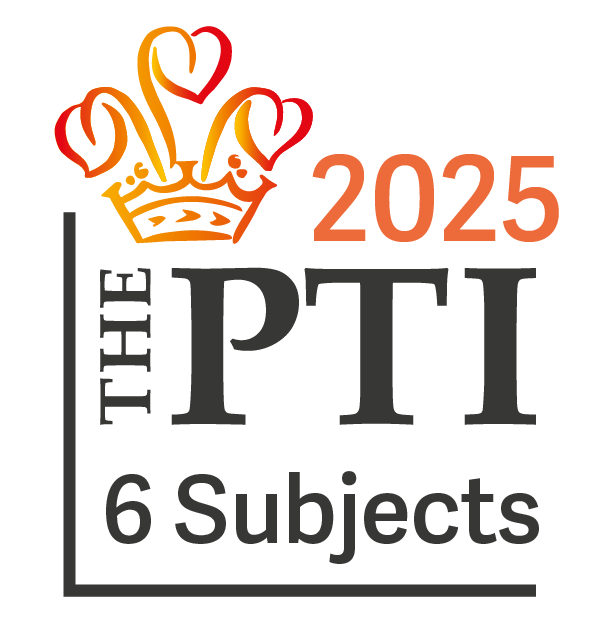Physics
WHY SHOULD I CHOOSE PHYSICS?
Do you want to investigate the limits of space, the beginning of time and everything in between? Physics is an intriguing and stimulating subject for anyone with a desire to understand the world around them.
WHAT DOES THE COURSE INVOLVE?
A Level Physics involves studying major topics of Particles, Forces, Motion, Gases, Electricity, Elasticity, Waves, Fields, Nuclear Energy and Radioactivity. You must be committed to sustained hard work.
HOW WILL I BE ASSESSED?
There will be three examinations at the end of the A Level course.
Paper One: Two hours. Mixture of short and long answer questions plus multiple choice on certain topics. 34% of the total A Level
Paper Two: Two hours. Mixture of short and long answer questions plus multiple choice on certain topics. 34% of the total A Level
Paper Three: Two hours. Questions on practical experiments and data analysis plus questions on an optional topic. 32% of the total A Level
HOW WILL I LEARN?
You will be taught A Level Physics through both theory and practical lessons. This will be further supported by the use of ICT and your own independent learning to extend and enrich your knowledge and understanding.
WHAT SKILLS WILL I DEVELOP?
You will develop your skills in areas such as problem solving and logical thinking and will gain practical hands on experience.
WHAT COULD A QUALIFICATION IN PHYSICS LEAD TO?
Typically, studying for a degree in Physics at university, which should assist with entry into careers in Electronics, Communications, Meteorology, Renewable energy, Astronomy and Earth Science industries. Many Physics graduates also work for City financial
institutions.
ENTRY REQUIREMENTS
Two x grade 6 in GCSE Combined Science Trilogy AND grade 6 in Physics component of GCSE or grade 6 in Physics component or grade 6 in GCSE Physics. Grade 7 in GCSE Mathematics.










